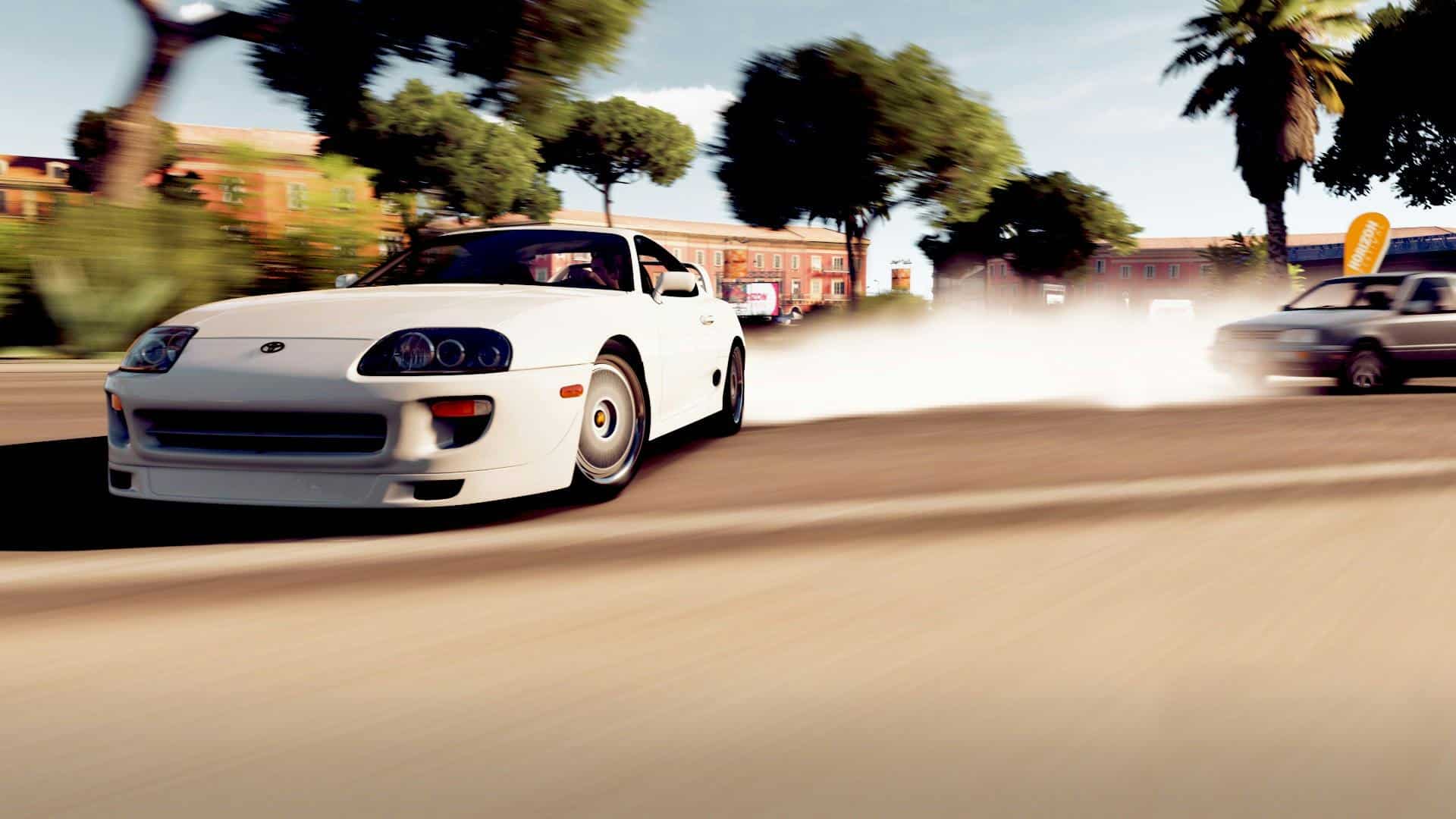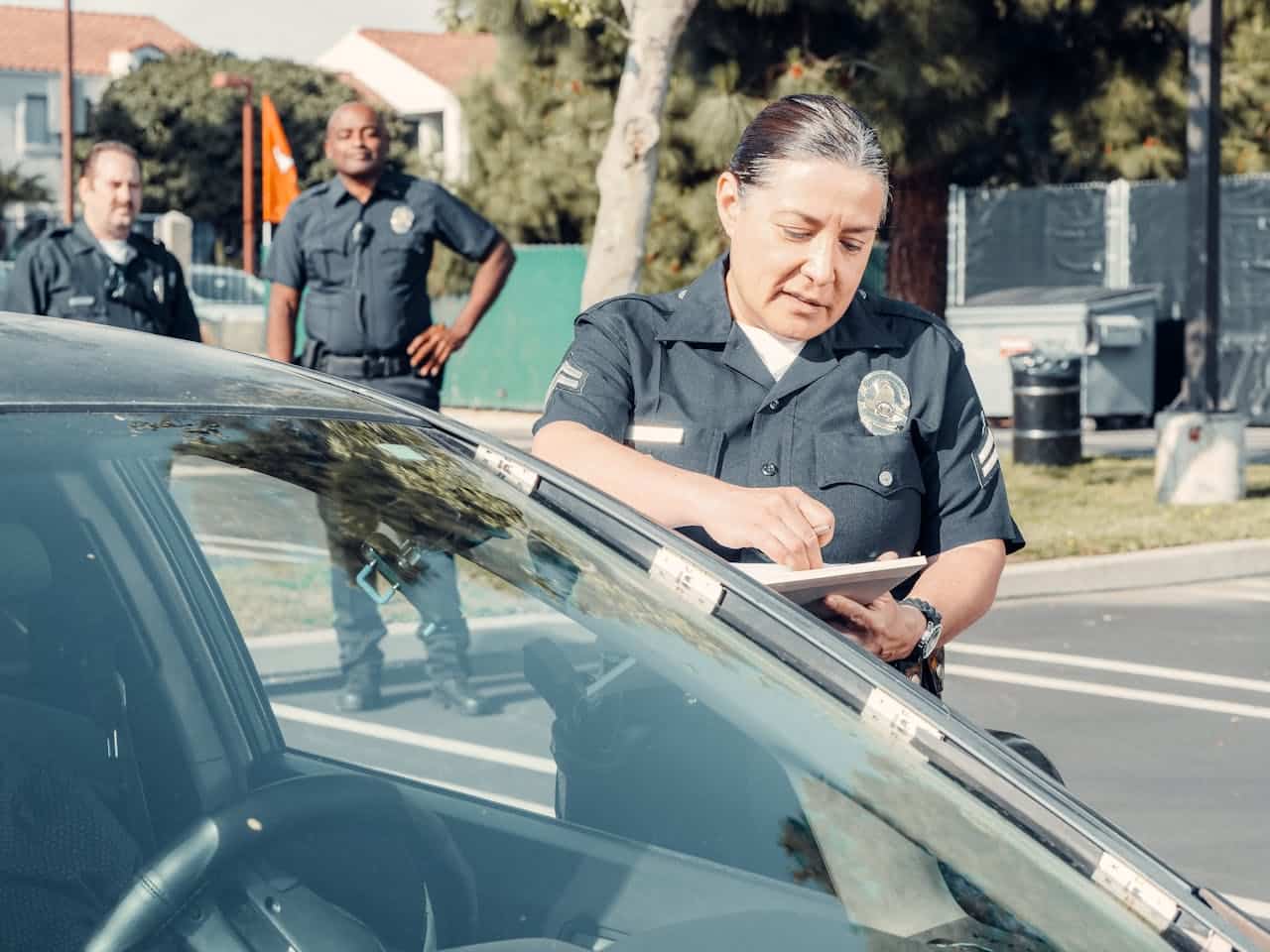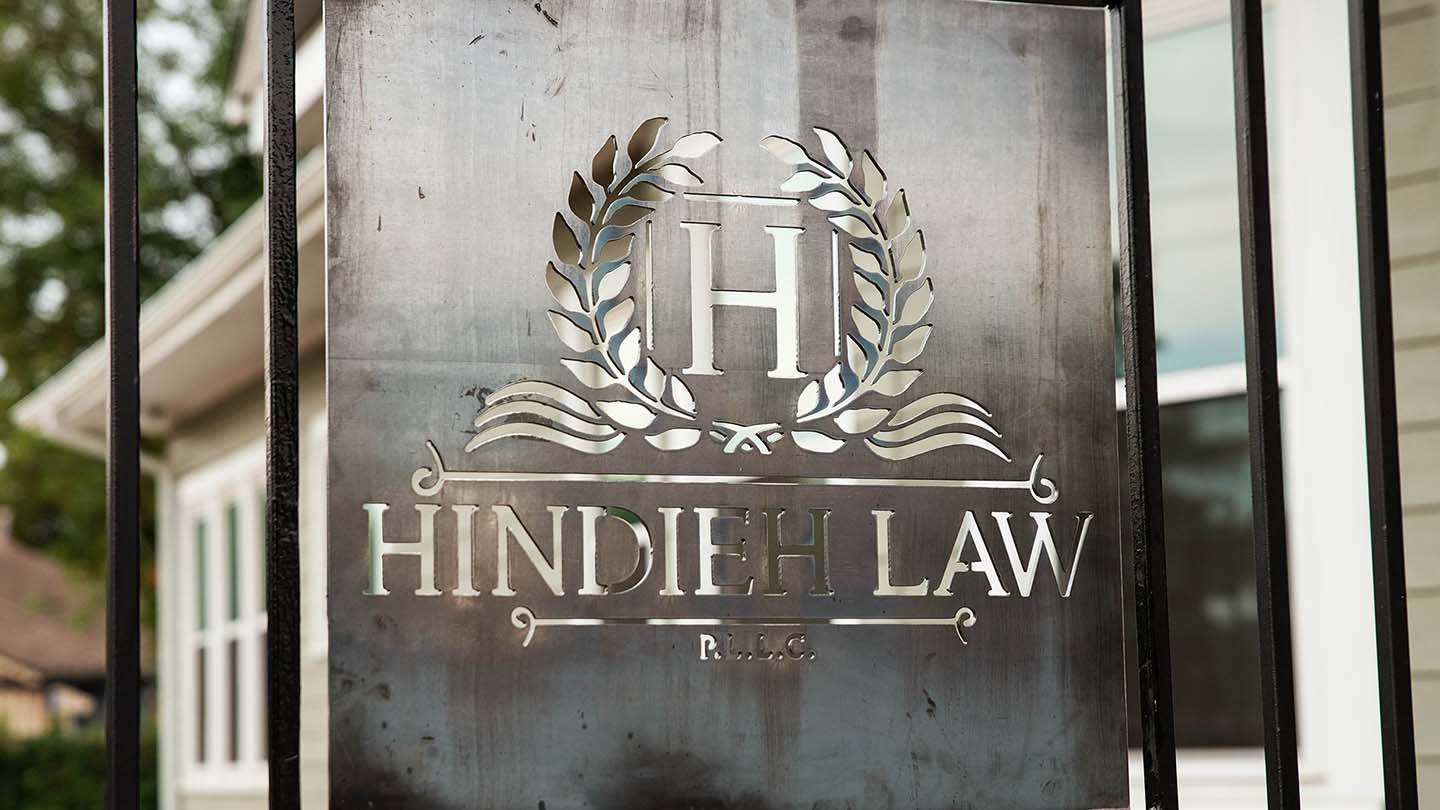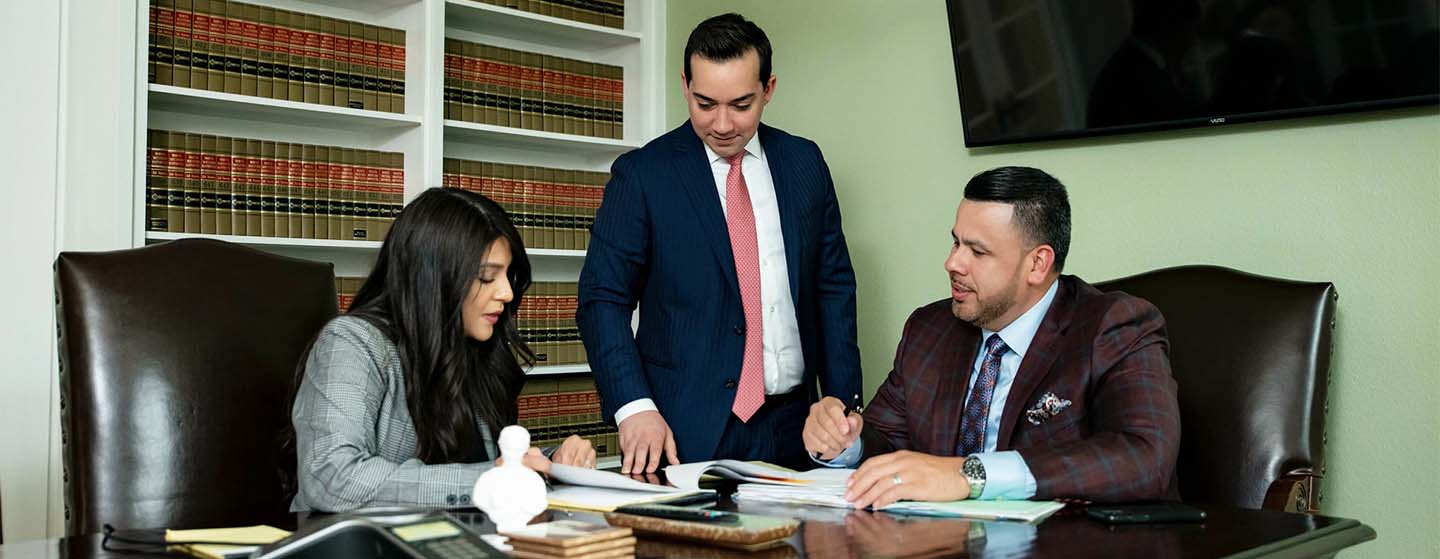Spring time in Texas is always wonderful weather. Some would call it – racing weather. Police have been cracking down on racing cases regularly throughout North and East Texas. If you’re thinking of taking your German sportscar or your American muscle pony out for an exhilarating race against your fellow motorist this Spring, make sure you have Hindieh Law’s contact info close by. We can help defend you against that irritating racing charge from your local patrol cop.
Under the Texas Transportation Code, as opposed to an ordinary speeding violation, to “Race,” means to use of one or more vehicles in an attempt to outgain or outdistance another vehicle or prevent another vehicle from passing. “Drag race” means the operation of two or more vehicles from a point side by side at accelerating speeds in a competitive attempt to outdistance each other.” Racing is more serious than a speeding violation. Speeding is typically a Class C violation – and people are rarely ever arrested for Class C violations alone. Racing and drag racing start at a minimum as Class B violations – though some things like prior racing charges or an open container of alcohol in the car while racing can enhance the charge to a class A misdemeanor. Class B misdemeanors are always arrestable offenses, and they are where the rubber meets the road (pun entirely intended) when it comes to criminal offenses becoming serious. This is because while Class C offenses are punishable by a monetary fine only – Class B offenses are punishable anywhere from 3 to 180 days in the county jail and a $2000 fine. BUT… take another look at the language in a racing or drag racing charge. Here’s the problem for the State of Texas when it comes to words like “attempt.” They require some sort of intent to prove. Imagine your driving your car at a really high speed. You’re looking straight ahead the whole time and you’re going far in excess of the speed limit. Are you speeding? Sure. But are you racing or drag racing? Well, if you didn’t know a car was next to you, how could you be racing it? Least of all, drag racing it?
I had a client once that was a very successful restaurant owner. After opening his second restaurant location, he treated himself to brand new sports car. On a gorgeous spring day, he was driving it on the highway out in Rockwall County, where he lived. A dodge charger pulled up along side him and began to race him. My client, eager to show off his new engine, began racing and peeled off in excess of 120 miles per hour. He left that poor charger in the dust. Two patrol cops that were actually on a racing task force were waiting around the corner. Both cars were pulled over. The driver of the charger admitted to the cop that he was trying to race my client. But my client said nothing.. other than the classic “what are you talking about?” Nevertheless, they charged my client with Class B misdemeanor racing. The prosecutor refused to budge. My client had no criminal history and was an exemplary citizen (gave to charity, employed people in the local community, etc.) but it didn’t matter to that prosecutor. She wanted her pound of flesh, as they say. She recommended a conviction with probation. I told her I would set the case for trial. When she asked me why, I conveyed to her that it would be extremely difficult without an admission from my client that he was TRYING to race to prove that he was indeed guilty of racing at all. Was he speeding? “Of course,” said I. But as for racing, how can you prove that was my client’s intent? The prosecutor squawked: “but the other driver admitted he was trying to race your client.” I told her “That’s all well and good, and that’s his attorneys problem, but how do you know my client even knew he was there?” That’s the problem with intent – it requires more than mere objective actions that are witnessed by the patrol cop (like speeding). Yes, the state can prove intent by inference (if you put your hand out like your about to shake someone else’s hand it’s safe to assume you intend to shake their hand even though you haven’t made any verbal confirmation) but with something like a racing charge there is very little inference to draw form. What happened? The case was dismissed. My client was more than happy, but I told him to drive under the speed limit on his way home all the same!
If you have been charged with Racing or Drag Racing call Hindieh Law today. We can help give you the tools to fight that charge and put you back in the driver’s seat!






